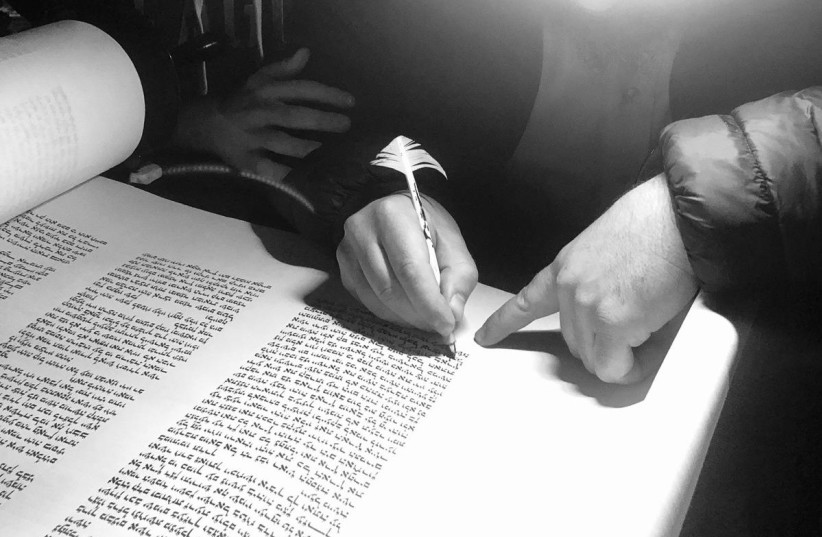The Book of Devarim (Deuteronomy), the fifth of the five books of the Torah, which we will begin reading this Shabbat, is mainly composed of speeches by Moses before taking his leave from the nation. The people camped on the plains of Moab, on the eastern side of the Jordan River opposite Jericho, which was on the western bank, waiting for the command to cross the Jordan westward and enter the Promised Land, the land of Canaan.
Moses’ first speech is historical. He describes the main events that occurred during the 40 years of wandering in the desert and calls upon the people to learn the appropriate lessons. One of the stories he recounts is that of the spies, which we read about in detail in parashat Shelach in the Book of Numbers.
Moses recounts: “Then all of you approached me and said, ‘Let us send men ahead of us to explore the land for us and bring back word of the route we are to take and the cities we will come to.’ The idea seemed good to me; so I selected 12 of you...” (Deuteronomy 1:22-23).
Regarding “The idea seemed good to me,” Rashi brings the words of the Sifri (a 3rd-century Tannaitic midrash from the Land of Israel). The sages of the midrash interpret the words “to me” in the following way: “To me – but not to God.” That is, the idea was good in Moses’ eyes but not in God’s eyes. However, when we return to the Book of Numbers and read the expanded story, we discover that God actually agreed to send the spies to the land of Canaan. There, it is described as follows: “The Lord said to Moses, ‘Send some men to explore the land of Canaan...’ So Moses sent them...” (Numbers 13:1-3).
The people's request

Why did God agree to the people’s request, which was not good in His eyes? Why did He not instruct Moses to give the people a clear answer, prohibiting them from taking a step that would harm them later?
As with many stories describing the relationship between God and the people of Israel, this one also provides instruction in the proper way for a parent or teacher to relate to a child or student. Such a comparison is allowed in the manner of Maimonides, the great Jewish legalist and philosopher, who firmly argued that a person in a leadership position must observe God’s ways and infer from them how to behave in various situations.
God was not pleased with the people’s request to send spies to the land of Canaan, yet He consented to it. What can we learn from this?
Often, parents or educators face a similar situation. The son, daughter, or student wants to do something that appears to the adult to be foolish, perhaps even harmful – and the adult tends to prevent the child or young person from acting according to his or her will. Yet, how will the young person learn the right way if he or she does not make mistakes? After all, we, the parents or educators, cannot forever shield our students or children and prevent them from having experiences.
We must learn from God’s response to the people’s request. God agreed to the request, even though He was not pleased with it. God preferred to allow the people to make a mistake rather than force them onto the right path.
Only in this way could the people learn not to err. This is what the story of the spies teaches us for generations. ■
The writer is rabbi of the Western Wall and Holy Sites.
